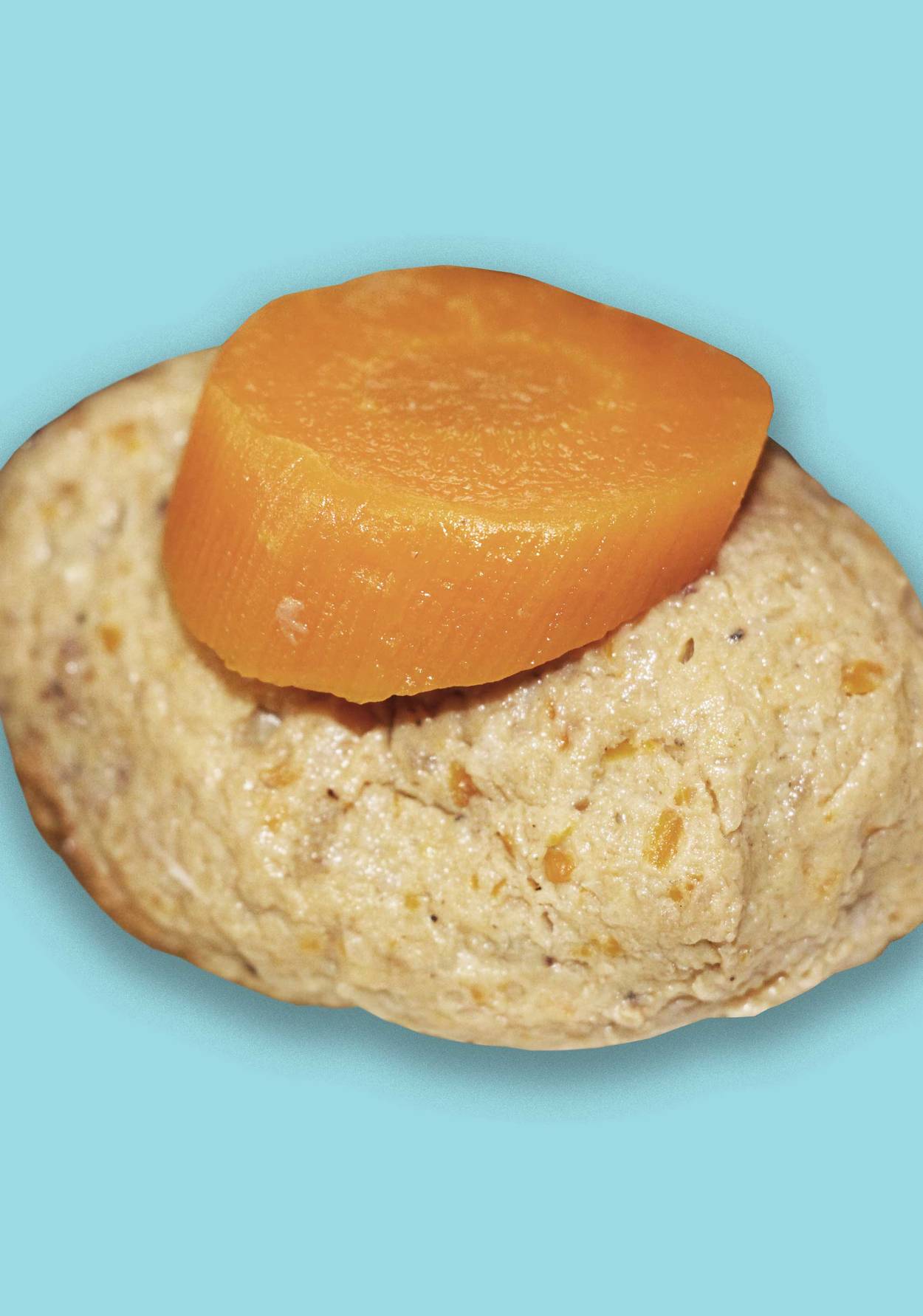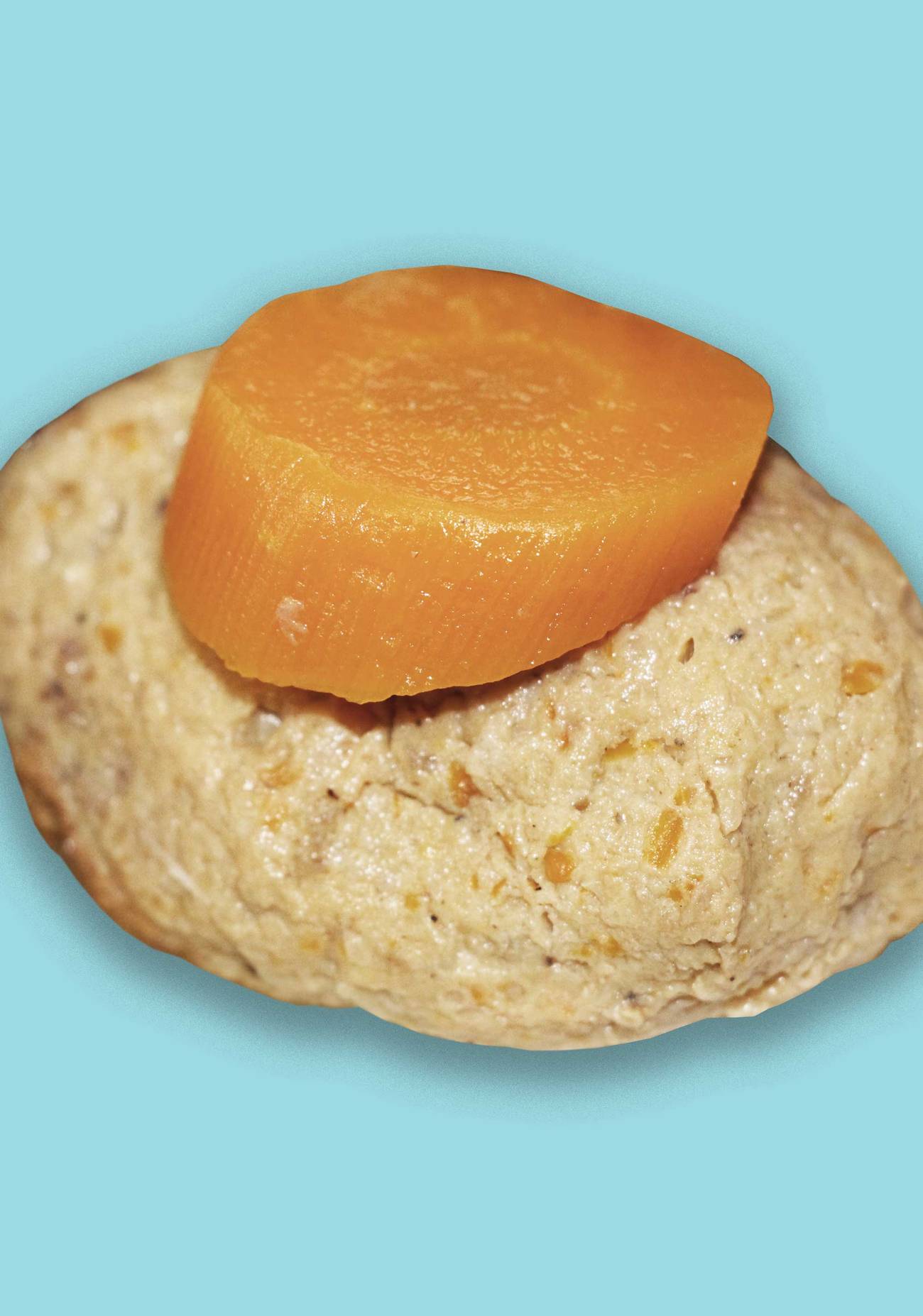The Gefilte Fish Test
A taste of the past, and a hope for the future. With horseradish on the side.




When I was a kid, my mother—like most Jewish mothers—made it very clear that I should marry a fellow Jew. Wanting to please her, I tried not to get too serious with anyone who wasn’t a member of the tribe. It didn’t stop me from fawning over my first high school crush, a handsome Irish kid whose shy smile I can still picture, or from consorting with the cutest counselor at Camp Olympus, a blond, blue-eyed Italian who drove a 1967 white Corvette convertible. I felt quite rebellious dating him until I visited him at home in the fall and was immediately spooked by a picture of Jesus taped to his parent’s fridge. It all felt so complicated. “Who am I kidding?” I thought before ending things and vowing to only date Jewish guys thereafter. It was no longer for my mother, I realized, it was for me.
Senior year of college I met a dark-haired, brown-eyed, very funny guy from Great Neck, Long Island (where 71% of the residents are Jews), and was quickly smitten. By the spring we were an item, and I was beginning to think I might love him. Then came Passover, a holiday I always do my best to observe, even when away from home. He stopped by my apartment and quickly announced that he was hungry. I was excited to feed him Passover food, assuming, like me, it would taste like a welcome memory from home. I muscled open the jar of Mrs. Adler’s until I was rewarded with the familiar pop. Her approving face looked down at me as I placed a single piece of gefilte fish on a plate. I even spooned out some jelly on the side and retrieved a few of the small, sliced carrots from the bottom of the jar. I placed the plate in front of him with a piece of matzo, happy to present my big surprise. It turned out that I was the one who was surprised.
“What’s this?” he asked.
“You’re not Jewish?” I countered, turning Mrs. Adler’s face toward the wall.
“Nope,” he confirmed, while bravely sticking his fork into the loaf of whitefish and pike and taking a bite. “This isn’t bad,” he said, leaving me to wonder if he had been switched at birth. I didn’t end things right then, because, as I said, I was already falling for him, but the relationship fizzled for other reasons, and that was my last non-Jewish boyfriend.
After that I somehow worked gefilte fish into the conversation on every first date. It was a fail-safe test.
There are two kinds of Jews: the ones who love the mushy texture, jellied broth, and fishy smell of the centuries-old appetizer and the ones who hate it. I love it. After college, while working in the coat market in New York’s Garment Center, I did business with a Hasidic man from the Catskills who would order a few dozen long, navy blue, women’s coats in a variety of sizes. “Doing business” may be an overstatement: I would present the coats, but when it was time to exchange money, he would have to see my male boss. I set the price, though, and he soon found the way to my heart, and a discount. He brought me his wife’s homemade gefilte fish, along with the sweetest beet-red horseradish I have ever tasted. I still dream of it and was hard pressed after that to go back to Mrs. Adler’s or any of her competitors.
Now, with three grown daughters of my own, I order my gefilte fish in advance of the Seder from Citarella or Zabar’s or Russ & Daughters, along with two jars of homemade horseradish—one white, one red. It may be fancier than the jarred fish that my mother served, but hers was a bigger hit. Our Passover table has changed over the years and there just aren’t as many takers anymore. There is no table like a Seder table to remind you of those who are gone. The people missing often feel more conspicuous than those present. And gefilte fish isn’t the only casualty of the passage of time. Try getting a hearty rendition of the B-side Passover songs like "Chad Gadya" or "Adir Hu" without Papa Stanley or Great Uncle Bernie leading the pack. It’s a shanda.
At the last holiday, my non-Jewish future son-in-law, an adventurous eater who always leans in, was introduced to the infamous Jewish delicacy. “It’s like fish pâté,” I ventured, as my daughters looked on mockingly. Though my girls deeply love Judaism, they don’t equate their identity with a love for the Jewish appetizer. In fact they have even gone so far as to write a song about it. The standout stanza goes:
They say it’s boiled carp, but I think it’s boiled poo.
Do I have to suffer just because I am a Jew?
We all watched as he took a bite.
“I like it,” he said.
“There’s more!” I enthusiastically volunteered, trying to gauge whether he was just being kind.
“I’ll have another piece!” my 10-year-old great-nephew piped in from across the table.
I kvelled as I placed a second serving on my nephew’s plate. To him it was just a another helping, but to me it felt an awful lot like hope.
Jane L. Rosen is the author of A Shoe Story, due out in June 2022.